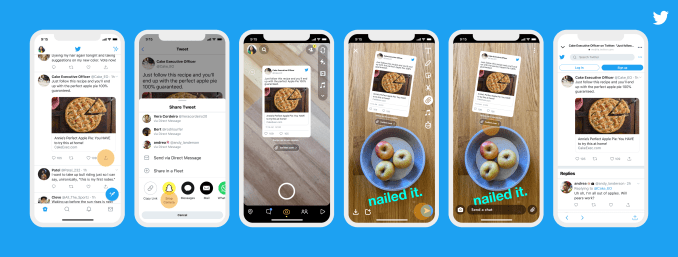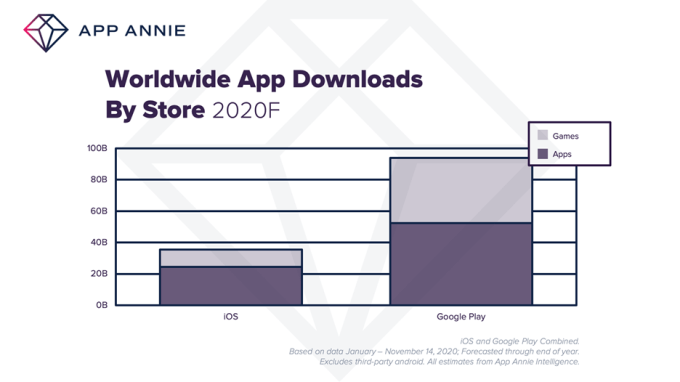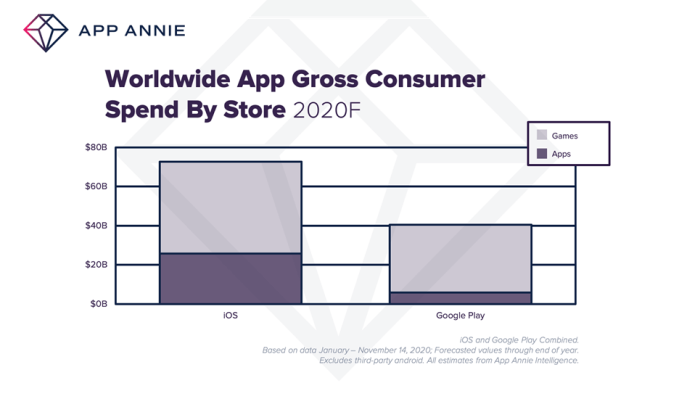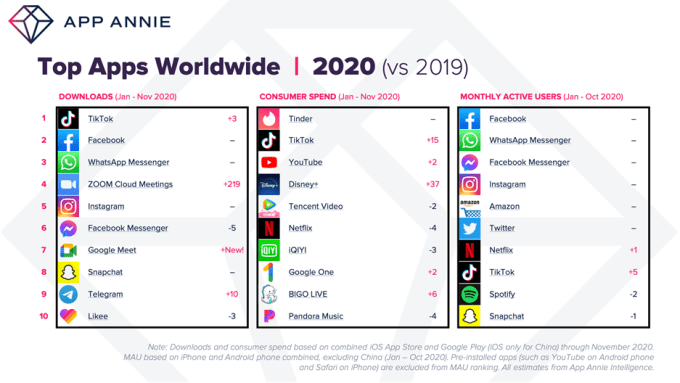The coronavirus pandemic accelerated America’s addiction to technology, and it’s making us sad, anxious and unproductive.
Companies like Facebook, TikTok and Snapchat earn more advertising revenue the more frequently we use their products. These firms use push notifications and personalized feeds to capture our attention, manipulate our emotions and influence our actions.
Business is good. Americans now spend more than five hours each day on their devices.
So what? As discussed in Netflix’s “The Social Dilemma,” tech firms will continue to follow their profit motive to capture our attention. Governments are no more likely to help manage unhealthy tech consumption than consumption of sugar or illegal drugs. We need to take control.
The coronavirus pandemic accelerated America’s addiction to technology, and it’s making us sad, anxious and unproductive.
My perspective is as a former tech CEO and technology addict. The marketing platform I founded raised over $100 million, grew to 350 employees and sold to a private equity firm last year. Along the way I picked up some terrible tech habits; I checked email constantly and allowed push notifications to interrupt every in-person interaction.
My tech use hit rock bottom last year on a visit with family. I resolved to put down my phone and garden with my mom, who has advanced Parkinson’s and moves slowly and with intention.
I felt like an addict in withdrawal. My phone was like a magnet pulling me to check for missed work emails or breaking news. Tech overuse had rewired my brain, lowered the quality of everyday consciousness and prevented me from being present.
I stepped down as CEO of my company earlier this year. I’ve spent my time off learning about mindfulness, neuroplasticity and technology addiction. Most importantly, I developed a strategy for managing my tech use that’s made me happier and more productive.
Here’s what I learned.
Tech firms exploit our brains to capture our attention
In their quest for our attention, some tech firms target the oldest parts of our brain, what UCLA psychiatrist Daniel Siegel calls the downstairs brain. The downstairs brain includes your brainstem and limbic regions, which control innate reactions and impulses (fight or flight) and strong emotion (like anger and fear). In contrast, your upstairs brain, including your cerebral cortex, is where intricate mental processes take place, like thinking, imagining and planning.
The downstairs brain is reactive. It’s designed to protect us in emergencies; it can make quick judgements, hijack our consciousness and drive action through strong emotion. The downstairs brain is what is targeted by attention-seeking products. Headlines that make us feel outraged and TikTok notifications that make us feel reactive appeal to our downstairs brain.
Spending time in a reactive state rewires our brains
Our brains change with training. Research has shown that our brains are reprogrammed with the firing patterns of neurons. Our nervous system can be rewired and transformed through repetitive, focused attention or activity in a process called neuroplasticity.
Repetitive device usage is a perfect example of neuroplasticity at work. The more time we spend responding to push notifications, watching videos in infinite scroll or looking for social validation from social media, the more our brains will rewire to want the same.
Our addiction will get worse as firms get better at capturing attention
While many tech firms acknowledge problems from overusing their products, none will make radical changes needed to decrease their share of the attention profit pool. If they did, someone else would eat their lunch.
These firms are selling us sugary drinks. The taste is improving exponentially and the sweetest drinks haven’t been invented yet. The more we drink, the harder it gets to stop. We need to take control of our consumption and habits — we need to follow a technology diet — or we will suffer the mental equivalent of morbid obesity.
We can can rewire our brains to be more productive and happier by changing our habits
If we think of technology consumption as an analog to food consumption, tech products fall into four food groups based on the quality of information and method of delivery. Content quality is important: Some content is valuable (e.g., MIT’s online courseware) or critical (work email), while most is not useful (TikTok).
The delivery model is also important. Healthy platforms give agency to the user and allow us to pull content that’s useful when we need it. Conversely, harmful platforms often rely on push, sending us information that’s often not useful at a time when we’re doing something else. Based on my experience, here are three steps we can take to implement a tech diet:
1. Eliminate products that reinforce your downstairs brain (low-quality content pushed to you)
Willpower is finite. If we don’t want sugary drinks, don’t keep them in the house. We keep the most distracting applications ever developed within arms reach at all times. These applications prey on our downstairs brain, which hijacks our better intentions and delivers negative value for most people. I believe our best defense is abstinence; we shouldn’t use these apps.
Tip: I use Apple’s Content Restrictions on the iPhone and MacBook. I added the obvious offenders: TikTok, Instagram, Facebook, Snapchat, and some specific to me, which includes Zillow, StreetEasy and NYPost. My spouse has the override code. I can break it if needed, but the process is hard enough that it doesn’t enter everyday consciousness.
2. Consume more products that reinforce your upstairs brain (high-quality content that’s available when we need it)
Good content expands our knowledge and skills and may contribute to rewiring our upstairs brain in a way that adds to our empathy, imagination and mindfulness.
Consuming good content is rewarding but effortful. It requires uninterrupted focus. Unlike sugary beverages, which we’re wired to consume subconsciously, leafy greens have to be consumed intentionally.
Tip: Make a list of your favorite leafy greens. For me, this includes Kindle, Feedly, tech periodicals and my favorite curation platforms: HackerNews and Product Hunt. Calm, one of several booming mindfulness apps, also makes the list. These are the only apps on my home screen, which encourages me to use them more often. Like a food diet, I set attainable goals for “good” consumption and monitor my progress.
I recommend fasting on technology periodically; I leave my phone at home for walks with my son and dinner with friends. I also recommend nontech activities that promote upstairs brain rewiring like an outdoor hike or learning to play an instrument.
3. Redesign consumption patterns for productivity tools
Email is required for most people. It has the potential to make us productive. But the average message quality is low, and the always-on, high frequency, push-by-default design prevents us from doing our best work.
Tip: I’ve turned off notifications on everything that’s not meant for urgent or timely messages (e.g., texts, Lyft, Tovala oven). Boomerang’s Chrome Extension can be set up to deliver all of your emails every hour on the hour. Batch processing email every hour dramatically reduces the volume of interruption without impacting my responsiveness.
We live in relative abundance, with food, goods and security that would make even our recent ancestors envious. But abundance doesn’t make us happy; we’re the least happy on record. We seem to be living in a collective state of downstairs brain, a continuous adult temper tantrum focused on strong feelings, emotion and impulsiveness.
But there’s hope.
As individuals, I found that even a few months of technology dieting helped me become less impulsive and more mindful. As employees, we can stop working for companies that profit from the attention economy. As managers, we can insist that our teams turn off their devices at night, turn off their Slack notifications and take real vacations. As parents, we can help our children develop healthy consumption patterns.
Collective action — and rewiring of our brains — could change the course of our politics and our ability to collaborate and solve the most important challenges of the 21st century.
American innovation dominates the attention economy. It’s time for American innovation to dominate the way we use technology.
from iPhone – TechCrunch https://ift.tt/374YCps



